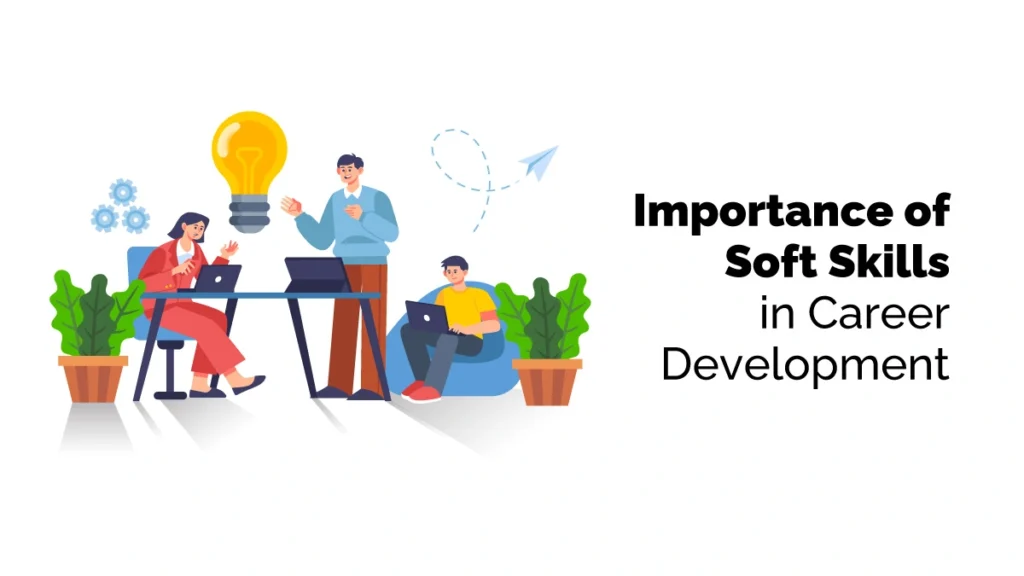
This encompasses a wide range of soft skills, like, the naturally occurring skills that help the employees to survive in any working circumstances. By mastering soft skills, one can expect a great change in their career since these soft skills can be equally good as the technical skills for any given job.
Why Soft Skills Outlast Technical Knowledge
Whereas soft skills never lose their significance, technical skills are liable to get outdated in no time. The World Economic Forum notes that around 50% of all employees will require reskilling by 2025, with perhaps the most difficult skills to master being soft skills. Communication, teamwork, and adaptability hinge upon all jobs and all technological interruptions. Automated systems are never able to replace these functions.
Three Critical Soft Skills:
Complex Problem Solving – Dealing with the non-standard situation and coming up with solutions that are innovative.
Interpersonal Influence – Establishing trust and providing motivation for the team without formally exerting authority.
Cognitive Flexibility – Using a different mode of thinking to meet the changing demands of challenging situations.
The professionals who possess these skills will tide along between changes in industry employment.
Approaches to Soft Skills Development
Education practice and companies are now concentrating on scenario-based learning to initiate real-world challenges with work-like precision.
These span cross-functional teams with joint accountable-for projects.
Reflective methods empowering self-awareness.
Mentoring programs for veteran leaders in tandem with budding talent.
Assessment methods have migrated from theoretical tests to behavioral observations and 360-degree feedback.
Soft Skills ROI
Data can attest that professionals possessing soft skills have:
12% greater productivity levels.
50% higher chances of being favored for promotion.
30% higher in team assessment scores.
In this fast-growing wave of work automation, these human skills will create a competitive advantage, with those employees that synergize technical know-how with emotional intelligence and creative thinking being the ones that will lead their organizations through unprecedented change.
The future belongs to people who can do more than algorithms: connect, inspire, and navigate uncertainty. Soft skills education should not be an add-on to the curriculum but rather a core part of career readiness in the twenty-first century.
